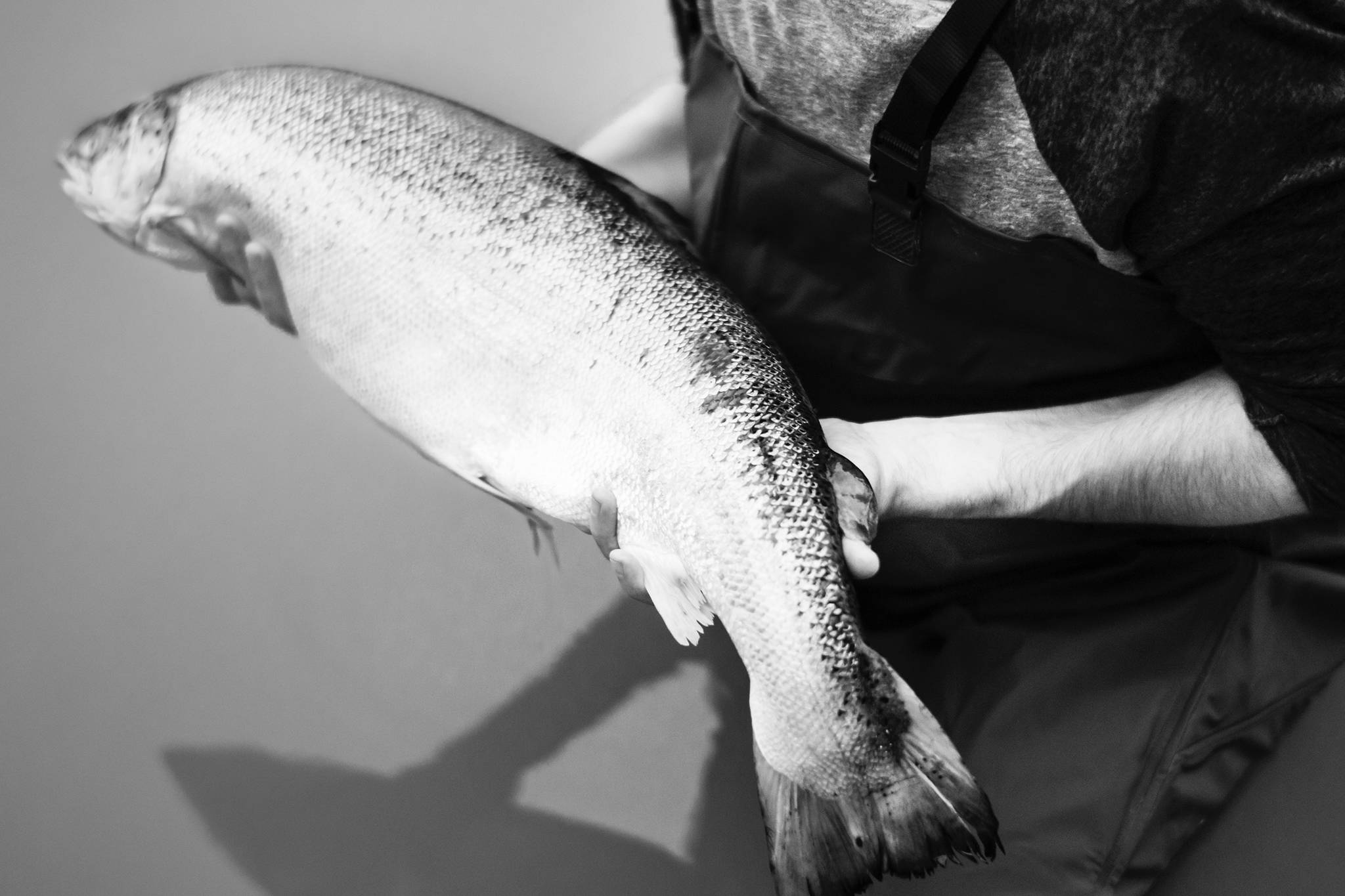In 1949 the Territorial Legislature created the Alaska Fisheries Board. Our fisheries were managed then, or mismanaged in the opinion of many at the time, by the U.S. Fish & Wildlife Service. The board was only advisory having been established to influence federal fisheries policy. A decade later it became the template for our present Board of Fish. It is likely statehood saved our fisheries.
The first annual report of the Alaska Fisheries Board on the state of Alaska’s fisheries was issued in 1950. The new board used that opportunity to speak to future Alaskans. We living today are those future Alaskans. That statement speaks to us now:
“In studying the history of the decline of the salmon runs of the Pacific Coast, it is striking to notice how invariably these declines are blamed on over-fishing. These statements come most often from those least acquainted with the subject and are frequently made to cover up other causes, which may be of their own making.”
“While it is true that over-fishing is responsible for many declines, there is evidence to show that in numerous cases it is of minor or no consequence. The actual reasons are often found to be changes in the environment of the salmon due to natural and unnatural (man-made) conditions. This is especially true of the fresh water stages of its existence. Many examples could be cited. Some of the natural ones are cyclic climatic changes, floods, droughts, freezes, earthquakes, earthslides, beaver dams and increase in predators. On the other hand there are such man-made, or unnatural, causes as deforestation due to logging; hydro-electric, irrigation, flood control and navigation projects; pollution, especially from pulp mills; soil conservation and reclamation schemes; gravel washing and mining operations; road construction such as stream culverts; insect control using poisonous sprays; and many others. The listing of these does not necessarily mean that all are inimical to the continuation of our salmon fisheries. It does mean, however, that if such projects are improperly and unwisely planned, the results will be disastrous to our fisheries. Alaska needs new industries, but not at the expense of her most important resource, which if properly cared for, will produce year after year.”
Freshwater habitat is no less critical for salmon today than it was in 1950. The successor to that territorial board, our Alaska Department of Fish and Game, says on its website that only a fraction of the fresh waters our salmon use are protected by Alaska law. That’s not enough for me. It should be unacceptable to all Alaskans that after 60 years of statehood our laws only protect a fraction of our salmon streams and lakes. Proposition 1 will change the equation by creating a presumption in favor of salmon.
It is our turn now to speak to future Alaskans and speak for the salmon we hope to entrust to them. Vote Yes on Proposition 1.
• Tim Troll has been eating salmon in Alaska for 40 years. He is the Executive Director of the Bristol Bay Heritage Land Trust.

